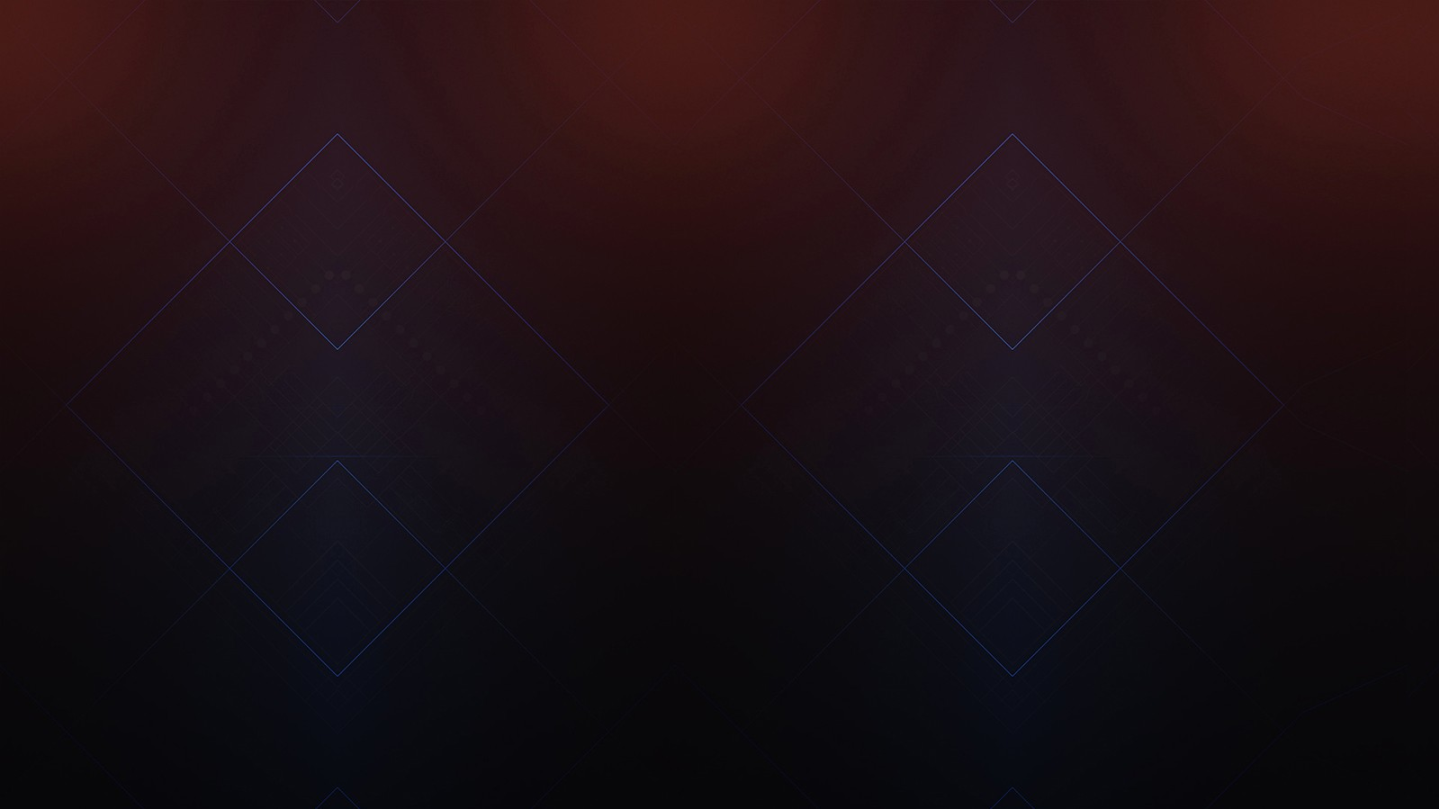
What does the future of consumer tech look like? —
Tech expert Shelly Palmer writes for CNN from consumer tech show CES, in Las Vegas. Pictured, the Toyota Mirai fuelcell car. At CES Toyota announced it will share almost 6,000 of its patents on hydrogen fuel cell technology.

Uber, on demand —
One growing trend -- consumers increasingly want services to be available on demand, says Palmer. Apps like Uber put passengers instantly in touch with driver services.

Spotify —
Palmer says consumers are increasingly comfortable with "renting" content by paying for access to subscription services, such as music-streaming service Spotify.

Smart home, smartphone —
Smart cars and smart homes still connect through smartphones. Lockitron, for example, is a service that lets you use your smartphone to unlock your doors.
Smart car, smartphone —
From CES, this mockup of a car dashboard shows Facebook on a wirelessly connected smartphone displayed on a Mobi/us autonomous dashboard -- a concept for interacting with a self-driving car as well as with a smartphone. When the car is driving on autopilot mode the driver can watch movies or surf the web on their wirelessly connected smartphone.

Cyber hacks —
Jennifer Lawrence was a victim of 2014's iCloud hack, where nude images of the actress were leaked online. In the future, "People will simply live in fear of having their private lives exposed, fear of losing their fortunes," says Palmer.

The Sony Hack —
Palmer says: "The Sony hack was not about freedom of speech, but simply about freedom. For centuries, we have used monarchs, heads of state, religion, and political systems to control each other. Any or all of these methods of control seem feeble when compared to the ability of motivated hackers to do harm."

Apple iWatch —
Wearable tech, such as Apple's iWatch, is growing fast and will gather data about our lives. "Remember, everything that can be connected, will be connected," says Palmer.

